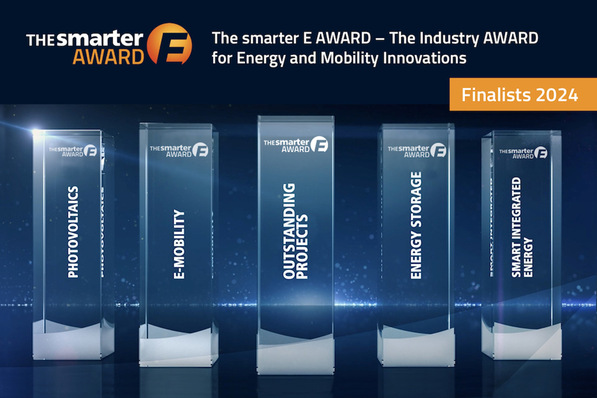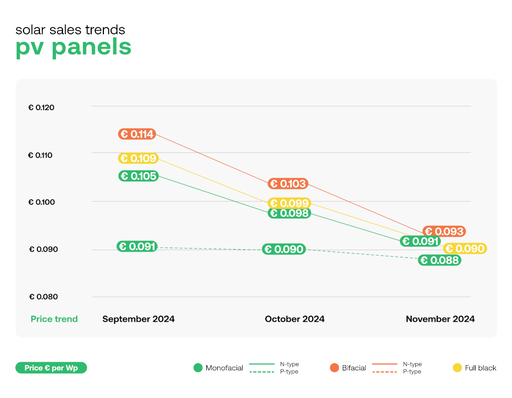LONGi’s performance in three indicators of reliability, performance and quality identified it as one of only three companies to achieve the award. The company also became the only module manufacturer to perform well in all eight individual tests, underlining the high reliability and excellent performance of its monocrystalline modules.
The PVMI provides a high-level overview of relevant tests carried out by RETC within reliability, performance and quality indicators, followed by a sampling of test data to recognize high performers and showcase high achievement in manufacturing.
To characterize reliability, the report presents performance distribution data based on a series of tests, including DH2000, HF30, TC600, DML, UV and PID196h. For the performance category, it presents data characterizing module conversion efficiency, PVUSA Test Conditions (PTC) ratings, Pvsyst simulation (PAN file) and LID. In regards to quality indicators, the results of Thresher Test qualification protocols are listed, exceeding minimum requirements. (The PVUSA Test Conditions (PTC)simulate an elevated cell temperature of 45°C, an ambient temperature of 22°C, and a wind speed of 1 meter per second. The PTC rating is related to a module’s temperature coefficient of power, its nominal operating cell temperature (NOCT) and aperture area.)
See also: Major PV manufacturers foresee a new solar module standard
Being awarded as overall “High Achiever” and demonstrating solid top performance on all eight indicators are good testament to LONGi’s consistent philosophy of delivering reliable products to customers. As the world’s leading solar technology company, LONGi focuses on product reliability, from design to production, providing customers with reliable and value-added photovoltaic modules. Module design starts with theoretical simulation using relevant optical, electrical and mechanical models. Module power, efficiency, energy yield and reliability will all be considered before design is finalized; For module BOM selection, the company has always maintained a highly cautious approach, ensuring long-term product reliability. In addition, LONGi uses Ga doping to control mono PERC module LID, and has also optimized the hydrogen passivation process to mitigate LeTID.
Meanwhile, to ensure module reliability, LONGi goes beyond standard testing requirements, establishing a variety of differentiated testing methods based on the results of well-known research institutions and third-party experts. As for the production process, highly automated equipment not only improves efficiency, but also helps ensure production stability. A comprehensive quality control system guarantees product excellence. (mfo)







